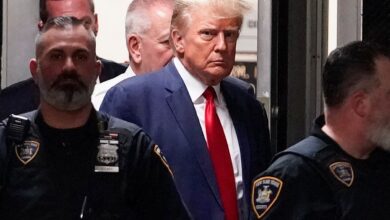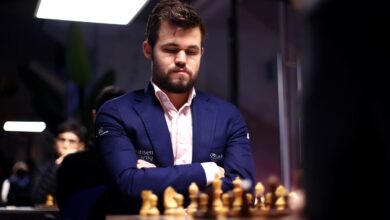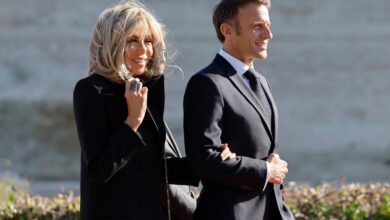‘Bulls**t’, ‘Nuts’, ‘Idiotic’: Trump knew he lost election but pushed fraud claims anyway, 6 Jan committee hears

Former president Donald Trump’s decision to lie about the nature of the 2020 election came after his top advisers told him there was no basis to claim he had won, witnesses told the House 6 January select committee.
The panel’s second hearing focused on what a committee aide described as “Trump’s Big Lie” – the collection of outrageous theories and accusations Mr Trump and his allies floated to justify his election night claim of victory.
While Mr Trump’s former campaign manager, Bill Stepien, was set to testify on Monday, he did not appear because his wife entered labour shortly before the hearing was set to begin.
Instead, the select committee presented a collection of videos depicting statements made by Mr Stepien and other Trump campaign and administration officials during sworn depositions over the course of the select committee’s year-long investigation.
Each of the witnesses testified that Mr Trump had been advised that he was not the winner of the 2020 election when he took to the East Room of the White House in the wee hours of 4 November, the morning after the 2020 election.
At the time, Mr Trump claimed: “Frankly, we won this election, actually”, and argued that late-breaking votes for Joe Biden – the result of mail-in ballots that were counted late into the evening – were fraudulent.
But at the time, he and his closest aides knew he had not, according to testimony.
In one segment of pre-taped testimony, Mr Stepien recalled how he had previously told Mr Trump that election night would be “a long night”, just as it had been in 2016.
“I told him in 2020 that, you know, there were – it was going to be a process again as, you know, the early returns are going to be, you know, positive, and we are going to be, you know, be watching the returns of ballots as they rolled in thereafter,” he said. “I told him it was going to be a process. It was going to be, you know – you know we are going to have to wait and see how this turned out”.
Mr Trump did not wait, however, instead choosing to repeat an argument he had made for weeks on the campaign trail, namely that Democrats planned to steal the election with the aid of fraudulent postal ballots.
The former president had been advised against such an argument by Mr Stepien, who told the select committee he had even gone so far as to enlist the help of House minority leader Kevin McCarthy to explain to Mr Trump how postal ballots could be a boon to his re-election hopes.
Mr Stepien told the panel he and Mr McCarthy had told the then-president that the GOP’s strength in on the ground organising could be translated into an advantage in postal balloting if Mr Trump were to start telling his supporters to vote by mail.
But the veteran Republican operative said Mr Trump’s mind “was made up”, and the idea of him encouraging mail-in ballots was dropped.
Mr Trump was also advised that the GOP’s traditional strength on election day, contrasted with Democrats’ traditional strength in absentee voting, would cause a phenomenon known as a “red mirage”, in which early election returns would appear to give him a significant advantage, but that advantage could be erased as absentee ballots were opened and tabulated. He was also told such an effect would be even more pronounced in states such as Pennsylvania, where state law prohibits election officials from even opening postal ballots before the polls have closed on election day.
His decision to claim victory on election night appeared to have perplexed then-attorney general William Barr, who said Mr Trump had raised the spectre of fraud “before there was any potential evidence”.
“It seemed to be based on the dynamic that – that at the end of the evening a lot of democratic votes came in, which changed the vote counts in certain states. And that seemed to be the basis for this broad claim that there was major fraud,” Mr Barr recalled.
He added that he “didn’t think much” of Mr Trump’s fraud claims at the time “because people had been talking for weeks, and everyone understood for weeks that that was going to be what happened on election night”.
The adviser Mr Trump listened to most on election night was an ‘intoxicated’ former New York mayor
While Mr Trump’s campaign manager was advising him not to claim victory while ballots were still being counted, he instead chose to follow the counsel of his personal attorney, ex-New York City mayor Rudolph Giuliani.





